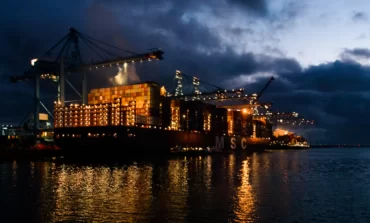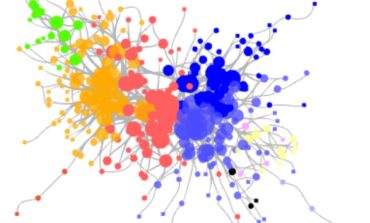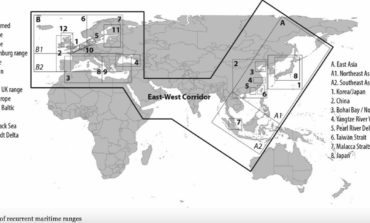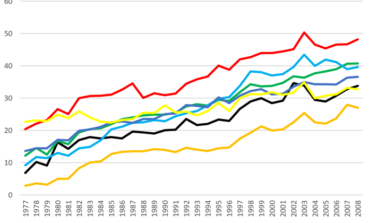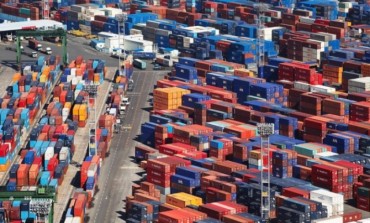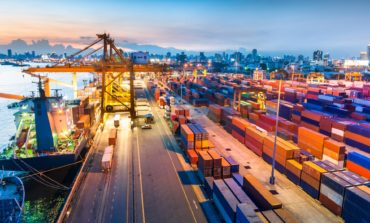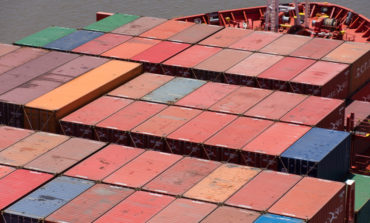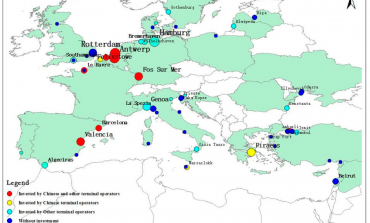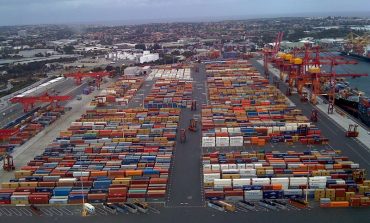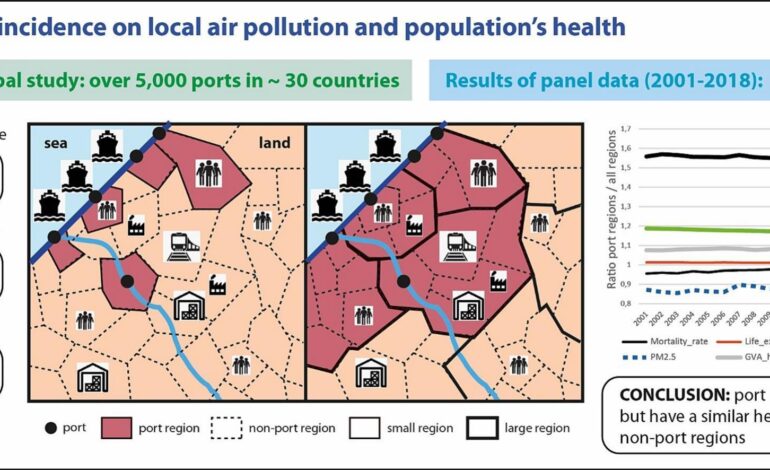 PortStudies
PortStudies

Cesar Ducruet
Dr. César Ducruet is geographer and Research Director for the French National Centre for Scientific Research (CNRS) at the research laboratory UMR 7235 EconomiX (Paris-Nanterre University). His research interests include network analysis, urban & regional development, and spatial analysis, through the looking glass of ports and shipping networks, with a special focus on Europe and Asia. After being post-doctoral fellow in South Korea (KRIHS) and The Netherlands (Erasmus University), he joined the CNRS and worked as expert for various organisations (OECD, World Bank, Korea Maritime Institute), and guest lectured regularly abroad. Cesar is a member of the STAR Alliance (HK) and editorial board member of Journal of Transport Geography. After leading the ERC Starting Grant "World Seastems" (2013-2019) he also worked for the World Health Organisation (WHO). He edited two books with Routledge on "Maritime Networks" (2015) and "Advances in Shipping Data Analysis and Modeling" (2017) and co-edited "Global Logistics Network Modelling and Policy" (2021) with Elsevier. He has published more than 50 articles in peer-reviewed journals and 30 book chapters in the last 15 years or so. All my publications online: https://halshs.archives-ouvertes.fr/search/index/q/*/authIdHal_s/cesar-ducruet
Author's Posts
 PortStudies
PortStudies



